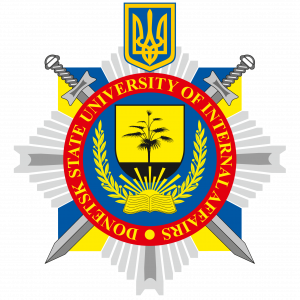A general training algorithm was developed by Andrii Fomenko, head of the department (on a voluntary basis) of extreme and crisis psychology of the faculty of training specialists for the pre-trial investigation units of the DonSUIA. Today, it became the basis of the activities on providing psychological first aid in cases of acute stress and affective states for defense forces units of Ukraine, for assault brigades in particular.


“The training gives a law enforcement officer or a military officer an idea of how to act in stressful situations, how to help a comrade in order to bring him out of a state of acute stress, return him to combat capacity and subsequently avoid injuries,” says Andrii Fomenko. “Such trainings are held on an ongoing basis, mostly for those who are directly involved in hostilities.”


The training consists of modules: providing assistance in case of acute stress “stupor”, in case of acute stress reaction “acute motor activity” and in case of panic.”


“Actually, we are talking about a part of a big training, psychological training or pre-psychological help, because it will most likely be provided not by a psychologist, but by a comrade. High-quality training concerning interaction in stressful situations allows you to avoid major crises in a person’s life in the future, the trainer explains. – We constantly encounter the states of stress of different intensity and psycho-emotional modality, that is, in most cases stress is negative, it is what we call distress or acute stress. It concerns not only military personnel or police officers, but also the civilians trying to deal with difficult emotional states. We feel the need to provide support by training representatives of the defense forces. By carrying out psychoeducation of stressful effects, we provide a person with behavioral strategies to help himself\herself and others.”


The representatives of the defense forces, who took part in the first trainings given by the psychologist of the DonSUIA, noted the importance of information that will help them to cope with emergency situations.










